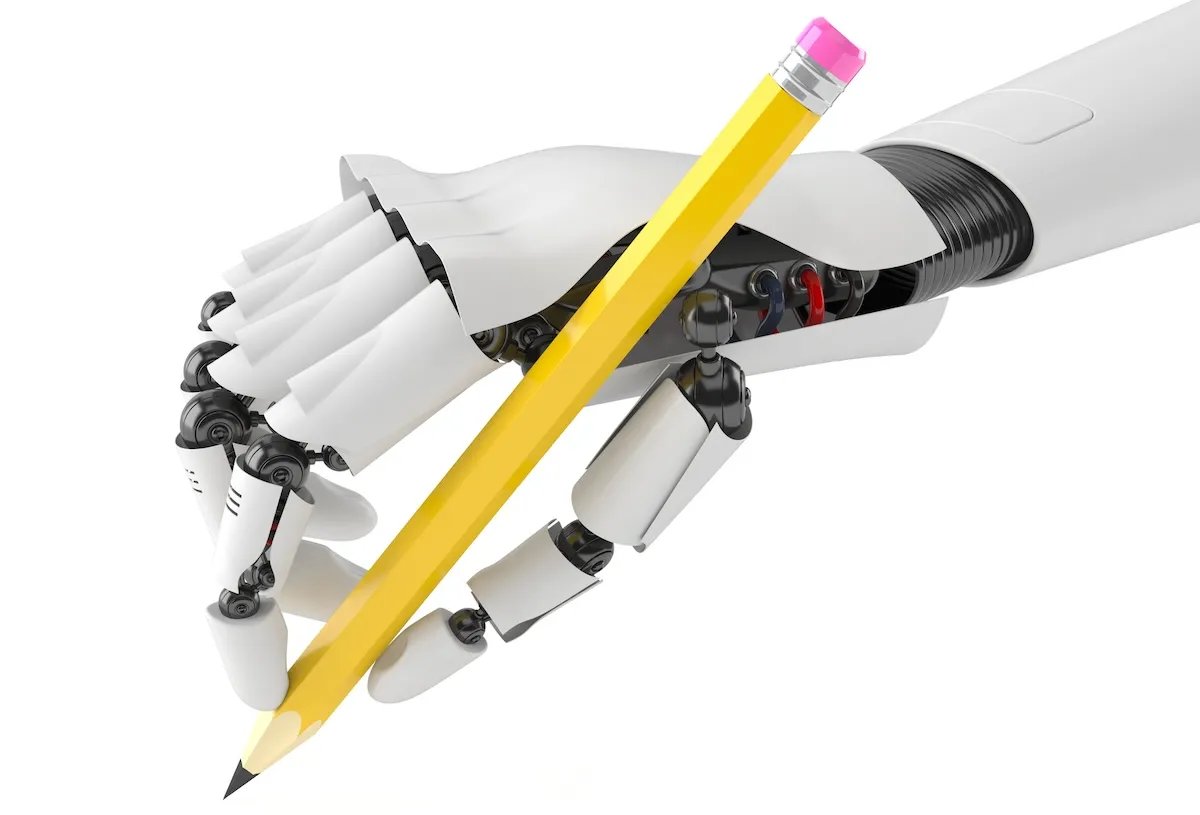Imagine an app in which you can write reviews about people that you know, and they can’t ever opt out of it. Sounds like that one Community episode about the MeowMeowBeenz app, right? Unfortunately, it’s also a real app in development now called Peeple, made by Nicole McCullough and Julia Cordray. Responses to the app have been so negative that the company’s Twitter account has been set to private as of this writing, and the co-founders have done further press to address the concerns — but they admit you still can’t opt out of the app. You can file reports about misinformation that other people write about you, but that’s it.
What’s really baffling is that Cordray and McCullough — and their app’s investors — didn’t seem to realize how disturbed folks would feel about the existence of an inescapable judgment app. Didn’t they watch the end of the Community episode about MeowMeowBeenz? Spoiler alert: the school devolves into a post-apocalyptic dystopia in which the highly-rated rule over those with the lowest scores!
Jokes aside, the concerns about the impact that this app could have on people’s lives are numerous and terrifying. The Washington Post published a feature today explaining some of the obvious downsides, citing the controversial “Lulu” dating review app (which eventually became opt-in due to similar complaints). But there are even more significant downsides than those listed in the Post article. People who’ve suffered stalking and abuse, for example, need to be able to control when and how their full legal names appear online. By not giving victims of abuse the option to remove identifying information from the app, Peeple could put their lives at risk.
Social media already encourages people to view one another as personas and brands rather than human beings; it’s much easier to objectify others if there’s some distance between you and the visibility of their hurt feelings. In other words, it’s a lot easier to hurt someone if you can’t see them. This is why road rage and internet harassment bear so much in common: that little bit of distance allows your opponent to become more like an object, rather than a human. Anonymity has nothing to do with it, by the way — it’s the emotional distancing and resultant codification of people as objects that encourages us all to treat one another like garbage online (and also in our cars).
Peeple co-founders Cordray and McCullough seem pretty clueless to me; they both have very few followers, so the launch of this app may well be their first experience with an onslaught of massive public scrutiny. I hate that this experience will be what likely allows them to understand exactly why their app strikes fear in the hearts of others. More than that, though, I hate that no one told them before now that their app would endanger people and that they should really consider some different ideas. This app got funded somehow, and its founders and funders clearly didn’t see the problem.
Something similar happened with the SketchFactor app, which is another example of an app created by a well-meaning white woman who didn’t realize the inherent problems with her app’s design. It’s not just a developer screwing up, here — it’s all of her friends, peers, colleagues, and investors who didn’t see any of the problems, either. That’s a lot of clueless people.
When people talk about the need for diversity in the tech industry, that also refers to a diversity of experiences. The Peeple app might seem like a fun idea for people who’ve had a charmed life free of obstacles. But for marginalized people, it sounds like a nightmare — and all of this resultant bad press may well send it down the toilet. Here’s hoping that the app’s creators learn from this experience … and maybe even seek out some new peers to critique their ideas.
(via The Washington Post, image via PBS)
—Please make note of The Mary Sue’s general comment policy.—
Do you follow The Mary Sue on Twitter, Facebook, Tumblr, Pinterest, & Google +?








